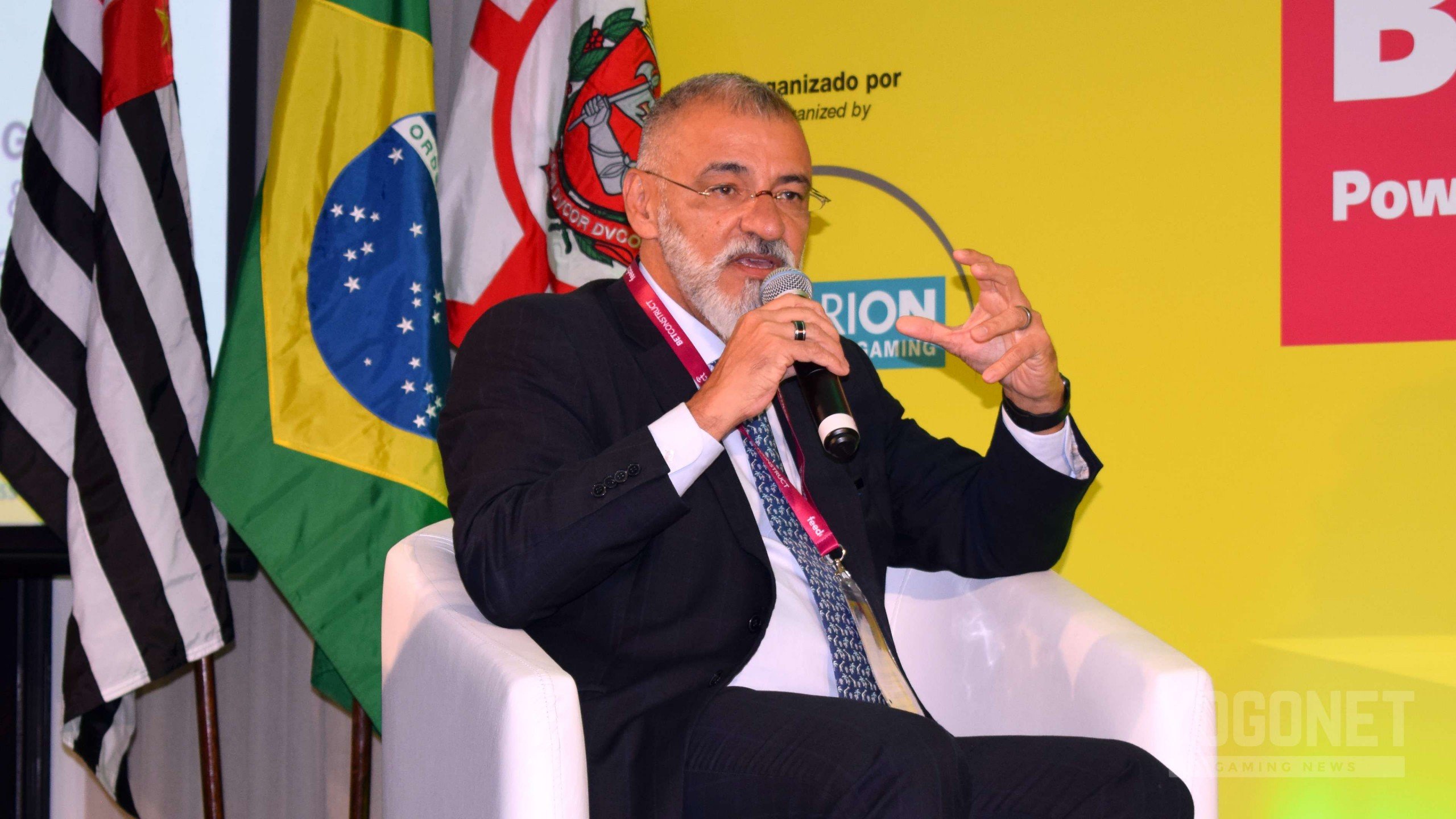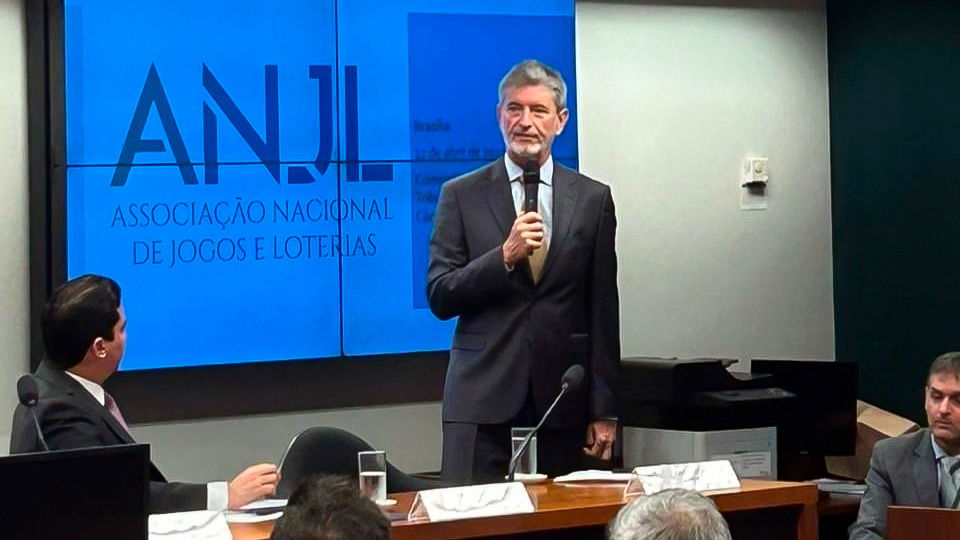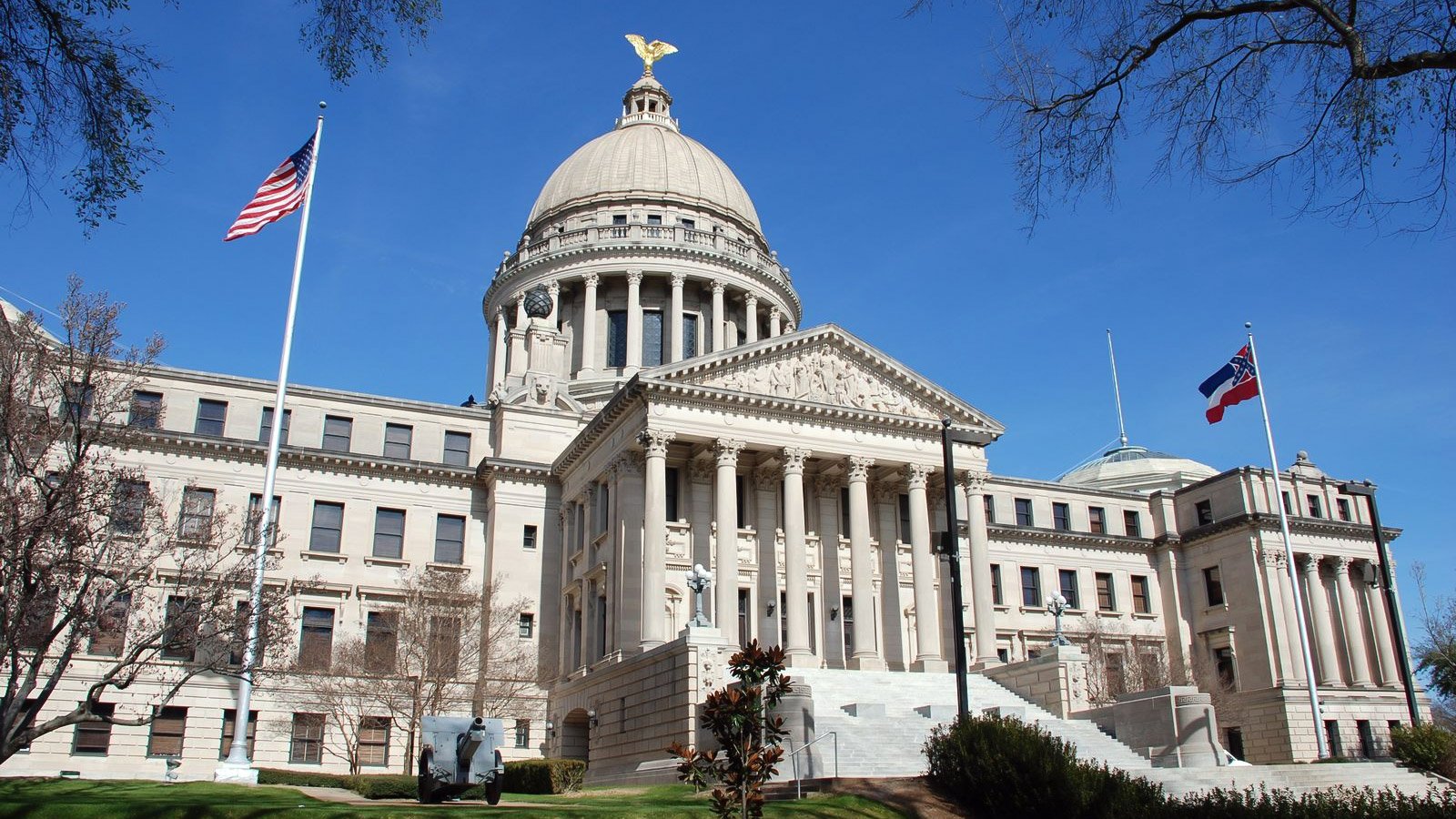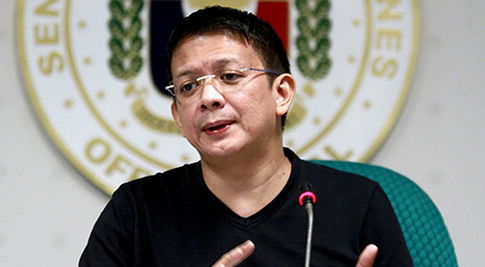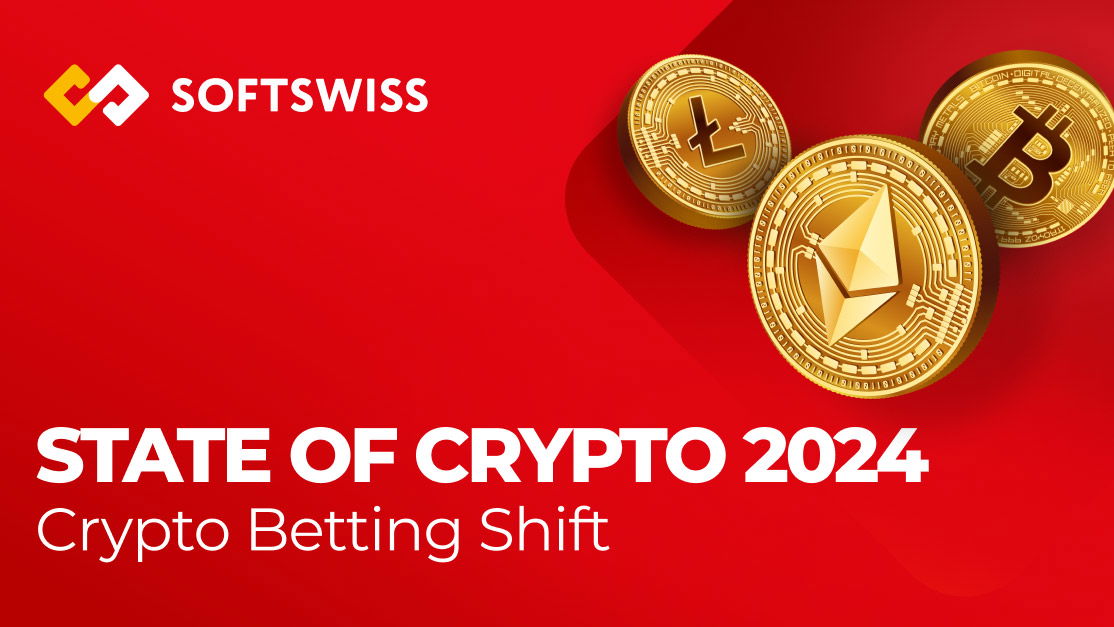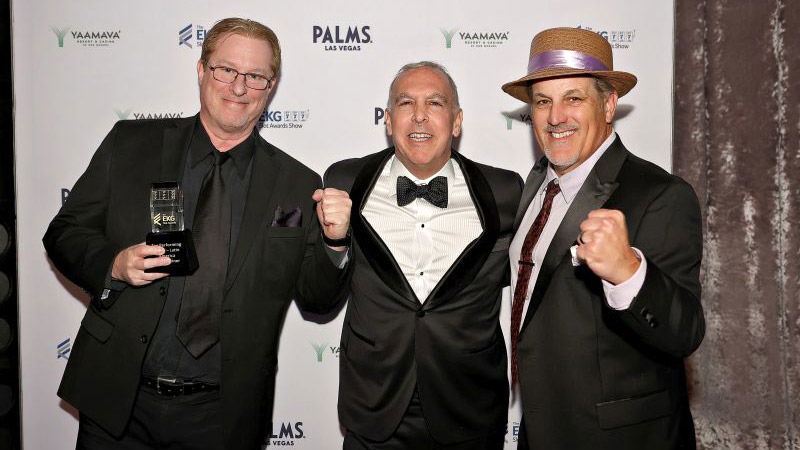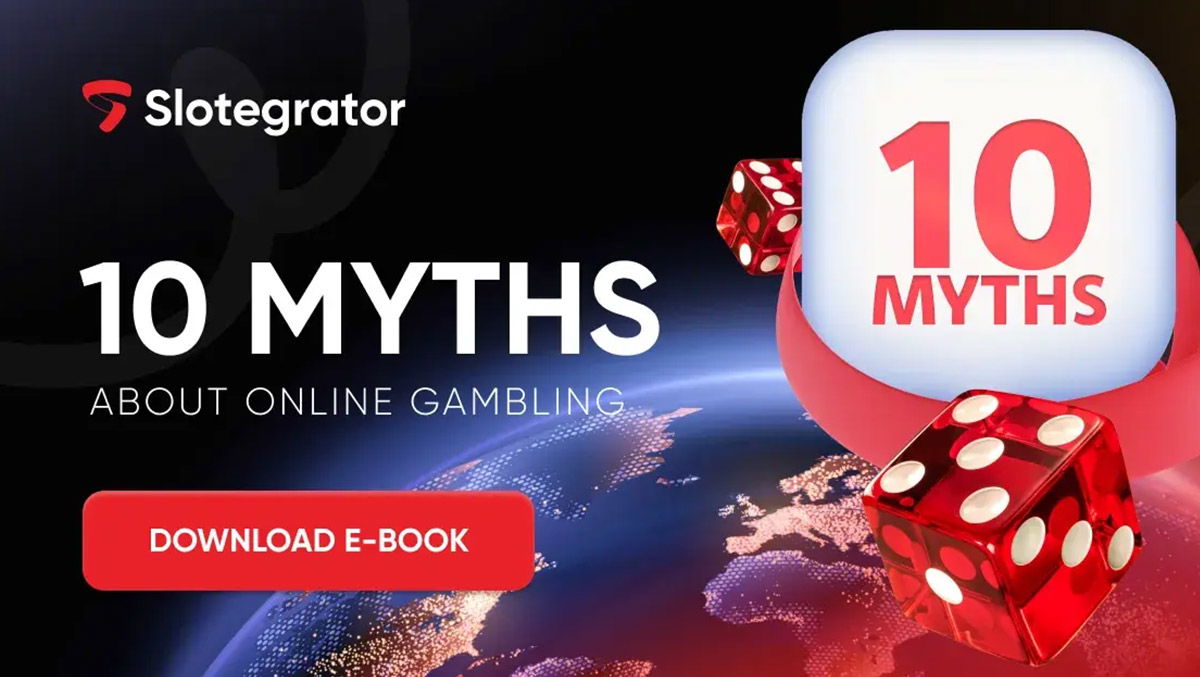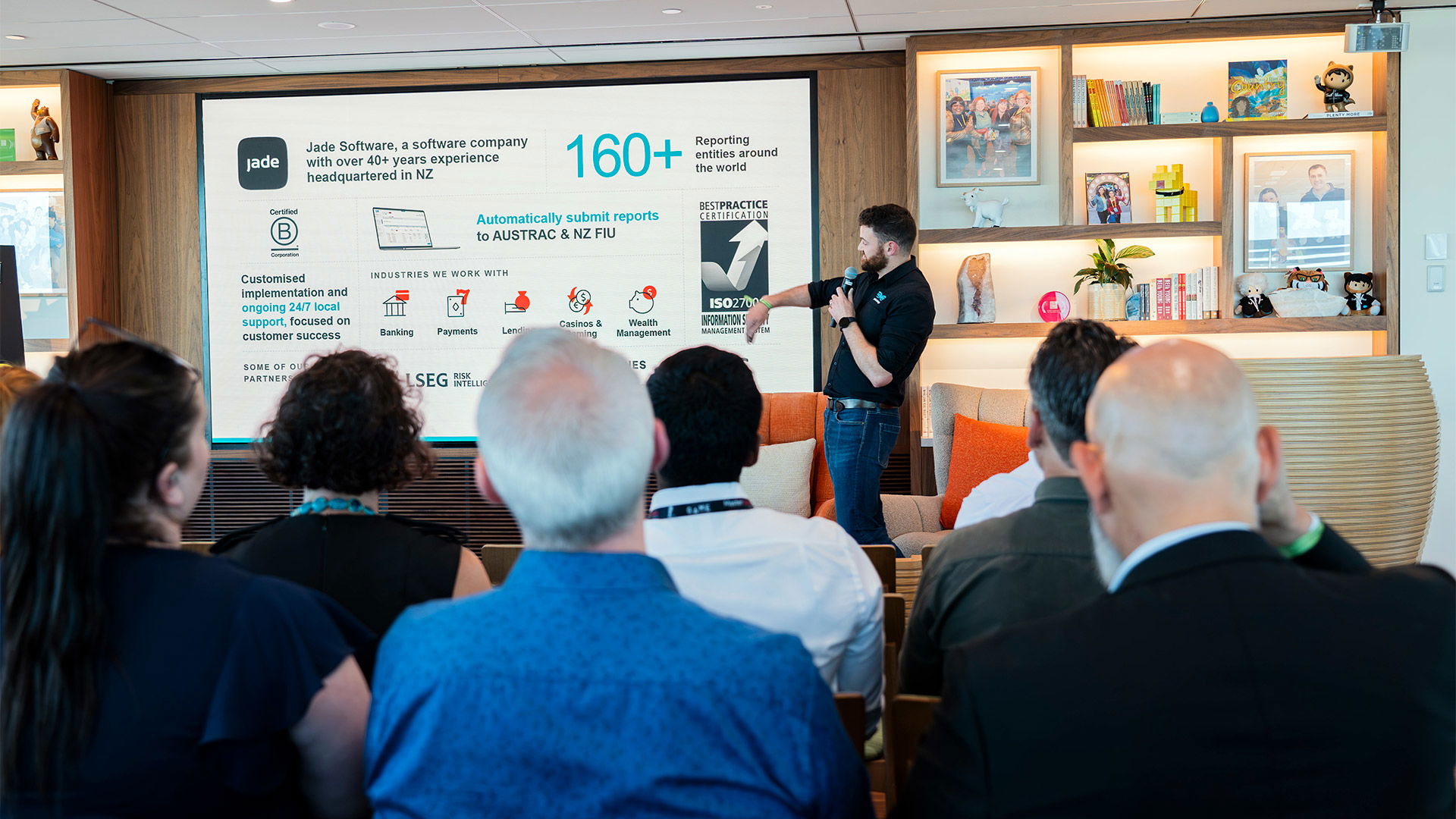Brazil: Experts warn new sports betting Provisional Measure could discourage investment, expand illegal gambling
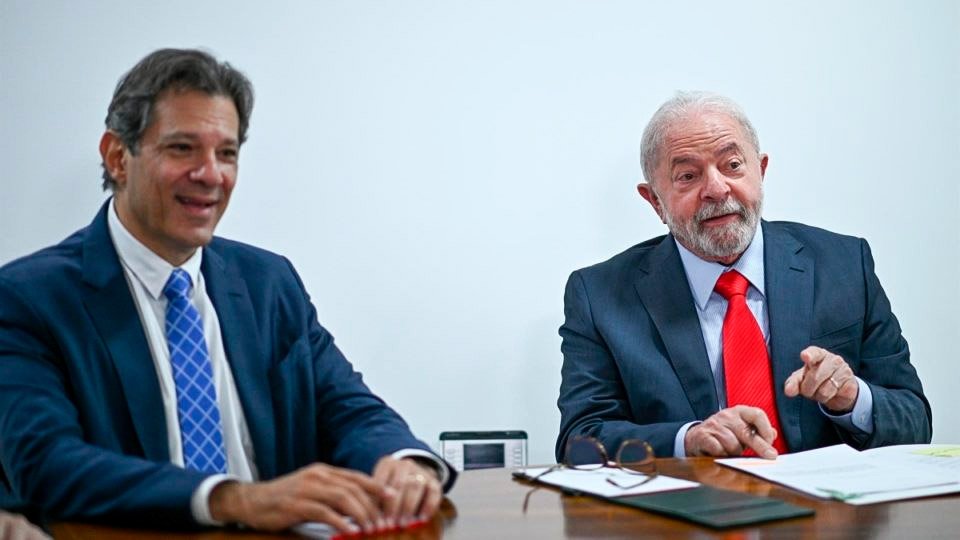
On July 25, President Luiz Inácio Lula da Silva issued the Provisional Measure (MP), which is part of the process for regulating sports betting in Brazil. Among the most commented measures brought about by the MP is the high level of taxation, which has already been questioned by several sectors of the industry.
The newspaper Diário Do Comércio consulted several economic experts who, although they agree on the importance and necessity of the regulation, argue that the 18% taxation without including other taxes attributed to the legal entity in the country may discourage future investments and contribute to the illegal market.
Magnho José
Magnho José, president of the Brazilian Legal Gaming Institute and editor of the site BNL Data, assured that the main problem of the Provisional Measure published by the federal government is the high taxation. The changes will cause companies in the sector to have to pay 18% of the revenue obtained from betting, once the payment of prizes and taxes, the so-called Gross Gaming Revenue (GGR), has been deducted. "Adding taxes, taxation could reach 29% of the total in municipalities with an ISS rate of 2% and almost 32%, when the ISS is 5%," he explained.
Wesley Cardia
Wesley Cardia, President of the National Association of Games and Lotteries (ANJL), detailed both sides of the regulation. On the one hand, the measures will serve to generate legal certainty for companies and players. "By regulating, the government offers measures that prohibit the performance of illegal sites that have no commitment to honest and responsible gambling," he commented.
But, at the same time, Cardia indicated that taxing both gambling sites and gamblers' winnings at levels such as those discussed, which exceed 30%, "may generate undesired effects for both operators and the government."
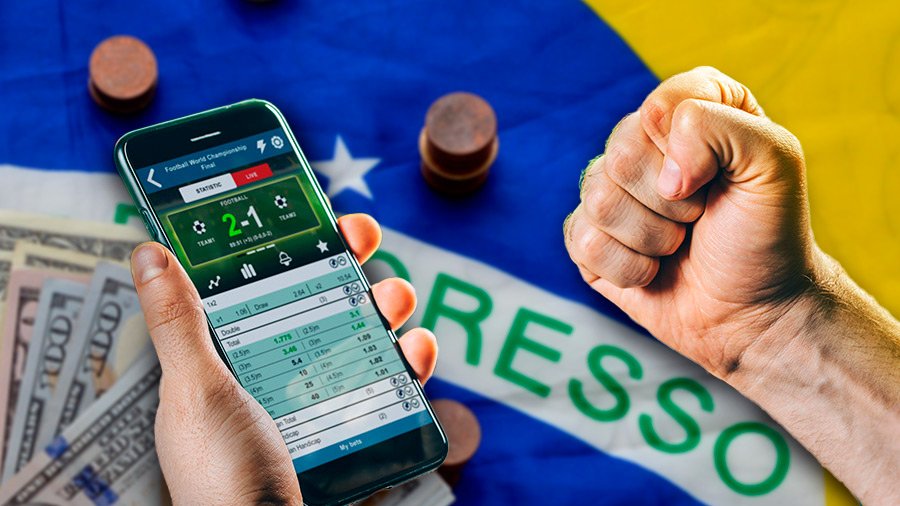
Arthur Silva, from the Brazilian Institute of Responsible Gaming (IBJR), also warned about the disincentive to investment and its consequent contribution to the informality that a high tax burden can generate.
"Portugal, which practiced high rates, did not manage to bring even half of the companies operating there to the regulated market. France, which also operated at high rates, got to the point where operators gave up their licenses after the 10-year agreement because it wasn't worth it. The illegal market ends up absorbing everything," Silva noted.
This discouragement would affect the entire productive chain of the sector, stated the IBJR executive, including those already operating, such as the advertising and sponsorship sector. "Never before have soccer team jersey sponsorships been so expensive in Brazil. But you have to remember that they are not paying taxes. Tomorrow the taxes that come in may impact," he pointed out.
All this will eventually lead to a failure in the federal government's strategy, as it will end up affecting revenue. "The market is going to continue, the government is going to collect, but you have to redo the calculations. In the final bill, the government will not be able to collect the BRL 12 billion it is projecting," Silva added.


